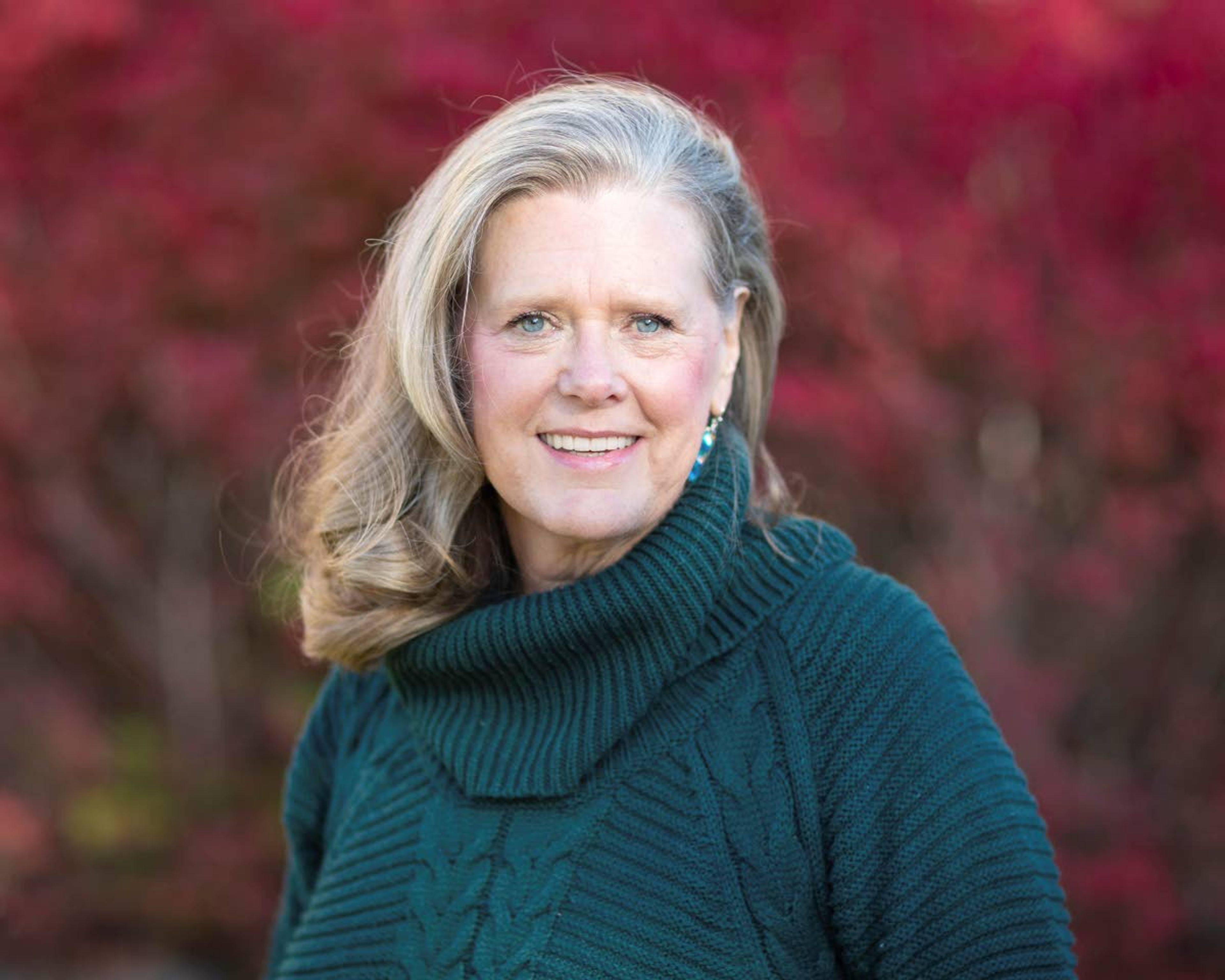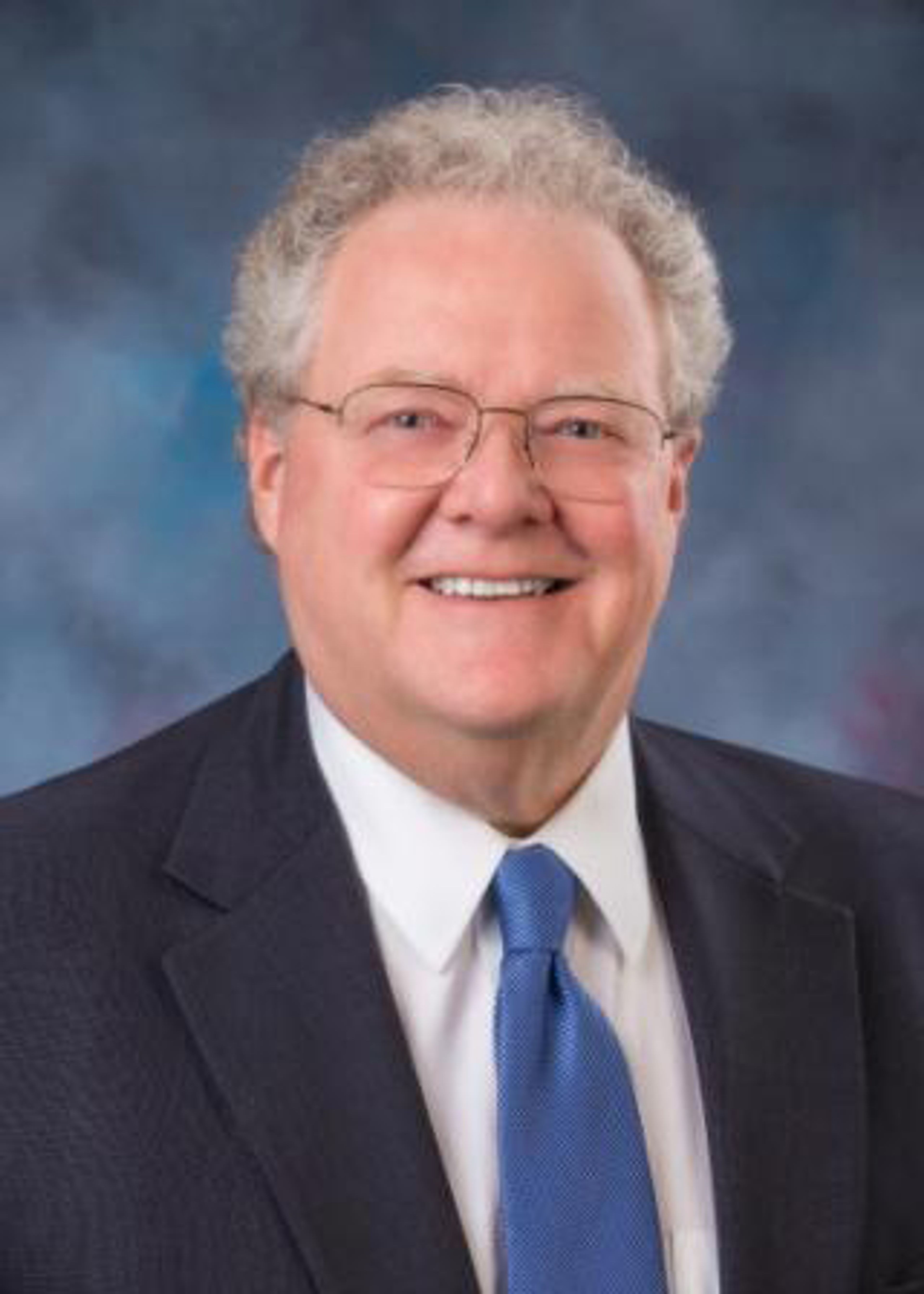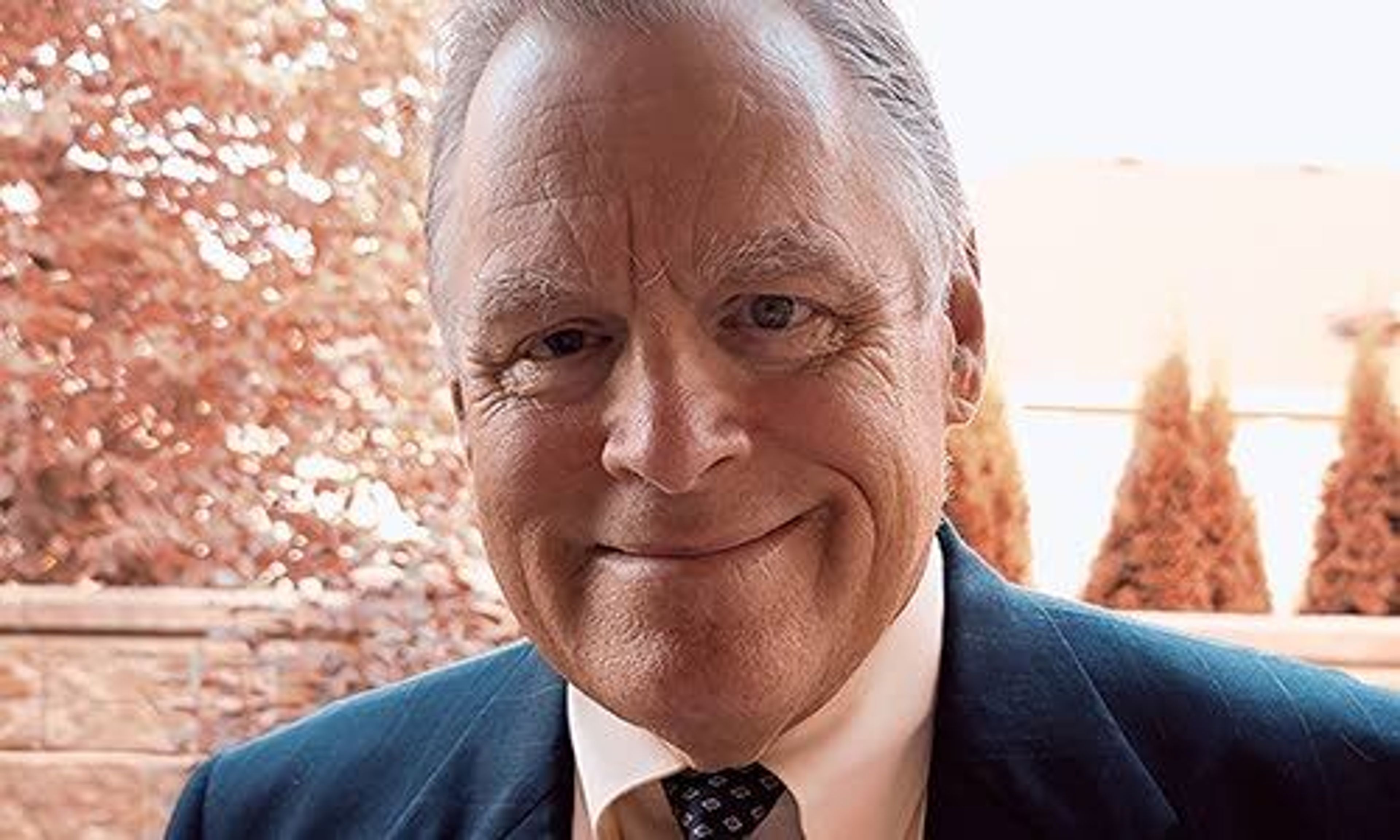Commentary: Human trafficking is everywhere you look — including Idaho
Idaho has an increasingly growing problem within its borders, one nobody wants to talk out loud about.
It is ugly, sexual and not discussed in polite society. Instead we prefer to believe that in the land of the free and home of the brave such things do not exist. Unfortunately, the U.S. is one of the top three countries in the world for this problem.
I speak of human trafficking.
Human trafficking is most often associated with commercial sex. However, it includes domestic servitude, child labor and exploitation in areas such as migrant farming. It can happen to anyone, anywhere.
Solicitations show up on Craig’s list. It happens in suburbia and big cities, in nail salons, mines and at truck stops. Each year, as many as 600,000 to 800,000 men, women and children are trafficked across international borders, and some reports believe those numbers to be higher.
California consistently ranks at the top of the heap with the highest human trafficking numbers (one more reason in a long list of the need to deal with immigration reform). Human traffickers are estimated to pull in roughly $150 billion annually. Roughly 40 million people are estimated to be trapped in modern slavery, which includes prostitution, drug running, forced marriages and labor.
These numbers are enormous and hard to wrap our heads around. But somehow, someway, we must. A recent report by the U.S. State Department lists the three top nations of origin for victims of human trafficking as the U.S., Mexico and the Philippines. As COVID-19 continues to wreak havoc on the world’s economy, this report suggests human trafficking will become even more prevalent. Economic instability breeds just the kind of vulnerability on which sexual traffickers prey.
Two-thirds of human trafficking victims are people of color. As COVID-19 has disproportionately affected people of color, those numbers undoubtedly will rise.
In Idaho, human trafficking numbers are also growing. The Idaho Anti-Trafficking Coalition was caught off guard during its first year of service at the large number of victims needing its assistance, roughly 250.
The coalition, too, believes the isolationism of COVID-19 will create more sexual trafficking. The IATC points to the identification of more than 269 illicit massage parlors in Idaho where individuals are being sold, largely because these shops go unregulated. (Are you paying attention state legislators, city councils and county governments?)
Trafficking has been identified as happening all along the Interstate-84 corridor in Idaho, largely at truck stops. It’s hard to believe this is happening in little Idaho, but the red flags are there if we only open our eyes to see them. As a constituent service representative for then-Sen. Dirk Kempthorne in the 1990s, I had a man come into the office one day and tell me a story he had heard about a tree-planting operation up on the Camas Prairie that was using men from South America.
He said they had been dumped in the woods with a bag of dry beans, water and tents, then left to plant seedlings.
These men, he said, had thought they were coming to Idaho for summer jobs so they could send money home to their families. Their paychecks were half of what they expected after they were docked for the food and board they were receiving.
I look back now and know this was modern-day slavery. How I wish this man had names and places so we could have acted.
As a society, we must become more aware. We have to get educated on this subject and demand our lawmakers act, not only in business regulations but in funding our law enforcement agencies so they can fight this serious problem.
I challenge you to reach out to the Idaho Anti-Trafficking Coalition’s education division and ask them to come to your community service club to share information that could help you make a difference. Together we can stop this.
The 24/7 IATC helpline is (208) 630-6601.
Agidius represented Latah and Benewah counties in the Idaho House. She lives in Moscow.









